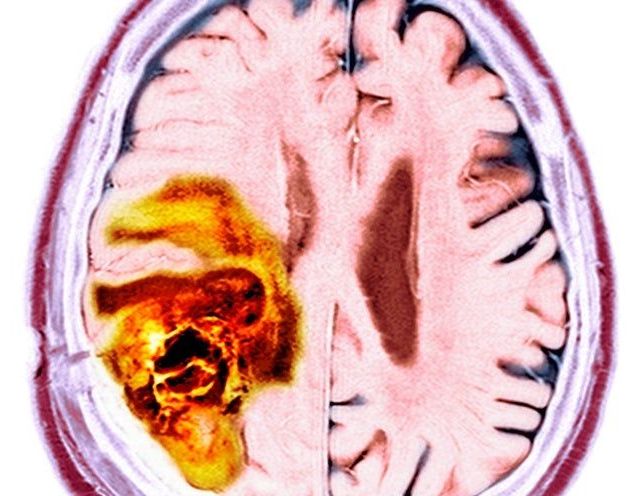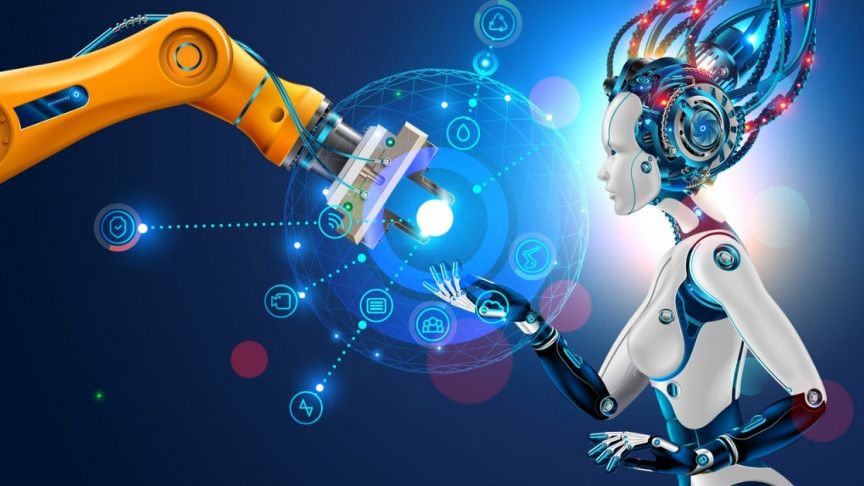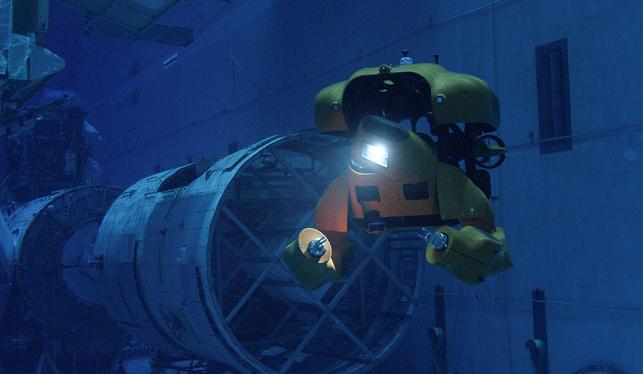Startling discovery could open up avenues for treating some aggressive tumors.





Venus likely maintained stable temperatures and hosted liquid water for billions of years before an event triggered drastic changes in the planet, according to a new study.
Now, Venus is a mostly dead planet with a toxic atmosphere 90 times thicker than ours and surface temperatures that reach 864 degrees, hot enough to melt lead. It’s often called Earth’s twin because the planets are similar in size. But the modern comparisons stop there.
However, a recent study compared five climate simulations of Venus’ past and every scenario suggested that the planet could support liquid water and a temperate climate on its surface for at least three billion years. Like the other planets in our solar system, Venus formed 4.5 billion years ago.
There was huge storage of reserve of ₹35,000 crores even in 2005, and it was flourishing around the world. But today, it is running at a loss of ₹14,000 crores (only in 2018–19).

In the most extreme regions of the universe, galaxies are being killed. Their star formation is being shut down and astronomers want to know why.
The first ever Canadian-led large project on one of the world’s leading telescopes is hoping to do just that. The new program, called the Virgo Environment Traced in Carbon Monoxide survey (VERTICO), is investigating, in brilliant detail, how galaxies are killed by their environment.
As VERTICO’s principal investigator, I lead a team of 30 experts that are using the Atacama Large Millimeter Array (ALMA) to map the molecular hydrogen gas, the fuel from which new stars are made, at high resolution across 51 galaxies in our nearest galaxy cluster, called the Virgo Cluster.

Hewlett Packard Enterprise has reached an agreement to acquire Cray, the manufacturer of supercomputing systems.
HPE says the acquisition will cost $35 per share, in a transaction valued at approximately $1.3 billion, net of cash.
Antonio Neri, president and CEO, HPE, says: Answers to some of society’s most pressing challenges are buried in massive amounts of data.

Robots aren’t going to take everyone’s jobs, but technology has already reshaped the world of work in ways that are creating clear winners and losers. And it will continue to do so without intervention, says the first report of MIT’s Task Force on the Work of the Future.
Widespread press reports of a looming “employment apocalypse” brought on by AI and automation are probably wide of the mark, according to the authors. Shrinking workforces as developed countries age and outstanding limitations in what machines can do mean we’re unlikely to have a shortage of jobs.
But while unemployment is historically low, recent decades have seen a polarization of the workforce as the number of both high- and low-skilled jobs have grown at the expense of the middle-skilled ones, driving growing income inequality and depriving the non-college-educated of viable careers.
This is at least partly attributable to the growth of digital technology and automation, the report notes, which are rendering obsolete many middle-skilled jobs based around routine work like assembly lines and administrative support.

Rural communities are often built on agriculture and livestock. That means they’re also dependent upon a strong irrigation system – a potential weakness as the global water crisis grows. To more efficiently manage and coordinate the use of a scarce water supply in agricultural communities, a team from the Polytechnic University of Madrid proposed a blockchain-based automatic water control system.
“We investigated how blockchain technologies can be used to solve the problem of user competition for scarce resources in communities,” said Borja Bordel, the project’s lead investigator. “We particularize the problem to the irrigation communities, where independent users must trust a system that automates a fair and trustworthy distribution of the available water resources, according to an individual quota set by the community and the consumption forecasts of its users.”
Rules are paramount for the proposed system and must be established upfront by the community of users. In a prosumer environment, users establish regulations for their individual and community water quotas. Those regulations are then taken by a transformation engine and are built, compiled, and deployed. A simple infrastructure of common valves and pumps are complemented by interactive electronic devices and allow a SmartContract to oversee decision-making and control algorithms, as well as the state of the water sources.

Houston Mechatronics (HMI) unveiled Aquanaut at the NASA Neutral Buoyancy Laboratory, one year after the announcement of the platform concept.
Aquanaut is a revolutionary multi-mode transforming all-electric undersea vehicle. The vehicle is capable of efficient long-distance transit and data collection in ‘AUV’ (autonomous underwater vehicle) mode.
After transforming into ‘ROV’ (remotely operated vehicle) mode the head of the vehicle pitches up, the hull separates, and two arms are activated so that Aquanaut may manipulate its environment.